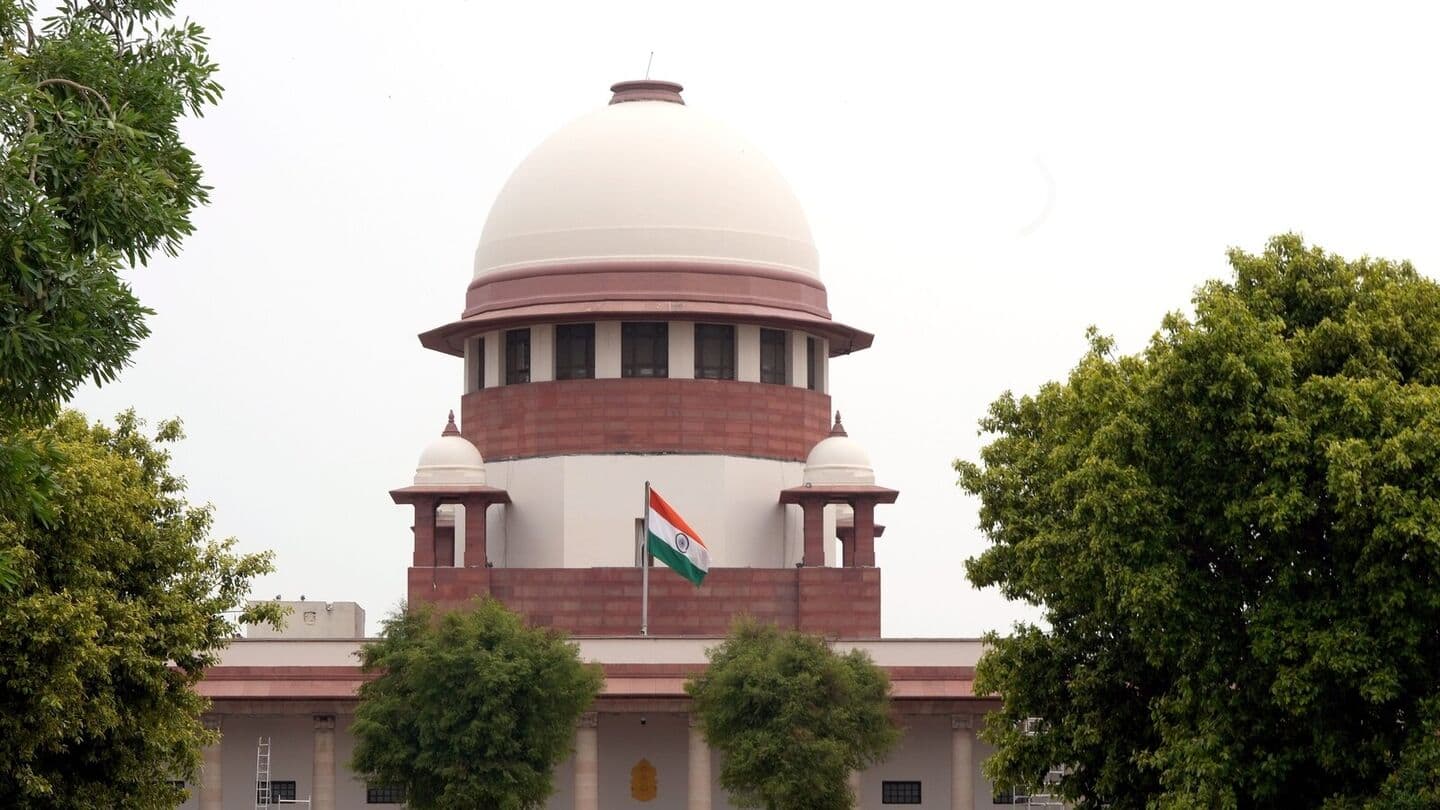
'What's happening?': SC chastises HC for saying victim solicited rape
What's the story
The Supreme Court of India has rebuked the Allahabad High Court for an inappropriate observation in a recent sexual violence case.
The remark implied that a woman who was allegedly raped had invited trouble for herself.
However, a bench of Justices BR Gavai and Augustine George Masih disagreed with the observation, stating that while granting bail may be at the judge's discretion, such unwarranted observations against complainants should be avoided.
SC's stance
Supreme Court's response to Allahabad HC's observation
"What is happening in this High Court? Yes bail can be granted. But what is this discussion that 'she herself invited trouble etc.' One has to be careful when saying such things especially on this side (judges)," said Justice BR Gavai.
Solicitor General Tushar Mehta also agreed, saying, "Complete justice should not only be done but also seen to be done. How a common person perceives such orders will also have to be seen."
Case intervention
Supreme Court intervenes in another sensitive case
The Allahabad High Court had granted bail to the man accused of raping a woman whom he met at a bar in Hauz Khas, Delhi.
Granting the man bail, the court remarked that the victim "invited trouble" and was the one partly responsible.
Justice Sanjay Kumar Singh said, "This court is of the view that even if the allegation of the victim is true...it can also be concluded that she herself invited trouble and was also responsible for the same."
Stay issued
Supreme Court stays Allahabad HC's controversial order
The top court made the observation while hearing a suo motu case in relation to another case. In that case, the Allahabad HC had ruled that grabbing a child victim's breasts, breaking her pajama string do not constitute the offense of rape or attempted rape.
The court had taken up the matter suo motu after a group called 'We the Women of India' brought the verdict to its attention.
On March 26, the Supreme Court suspended the high court order.